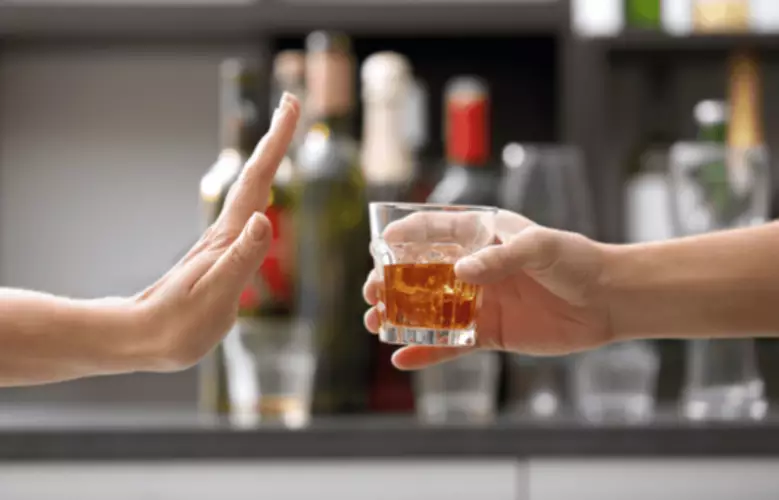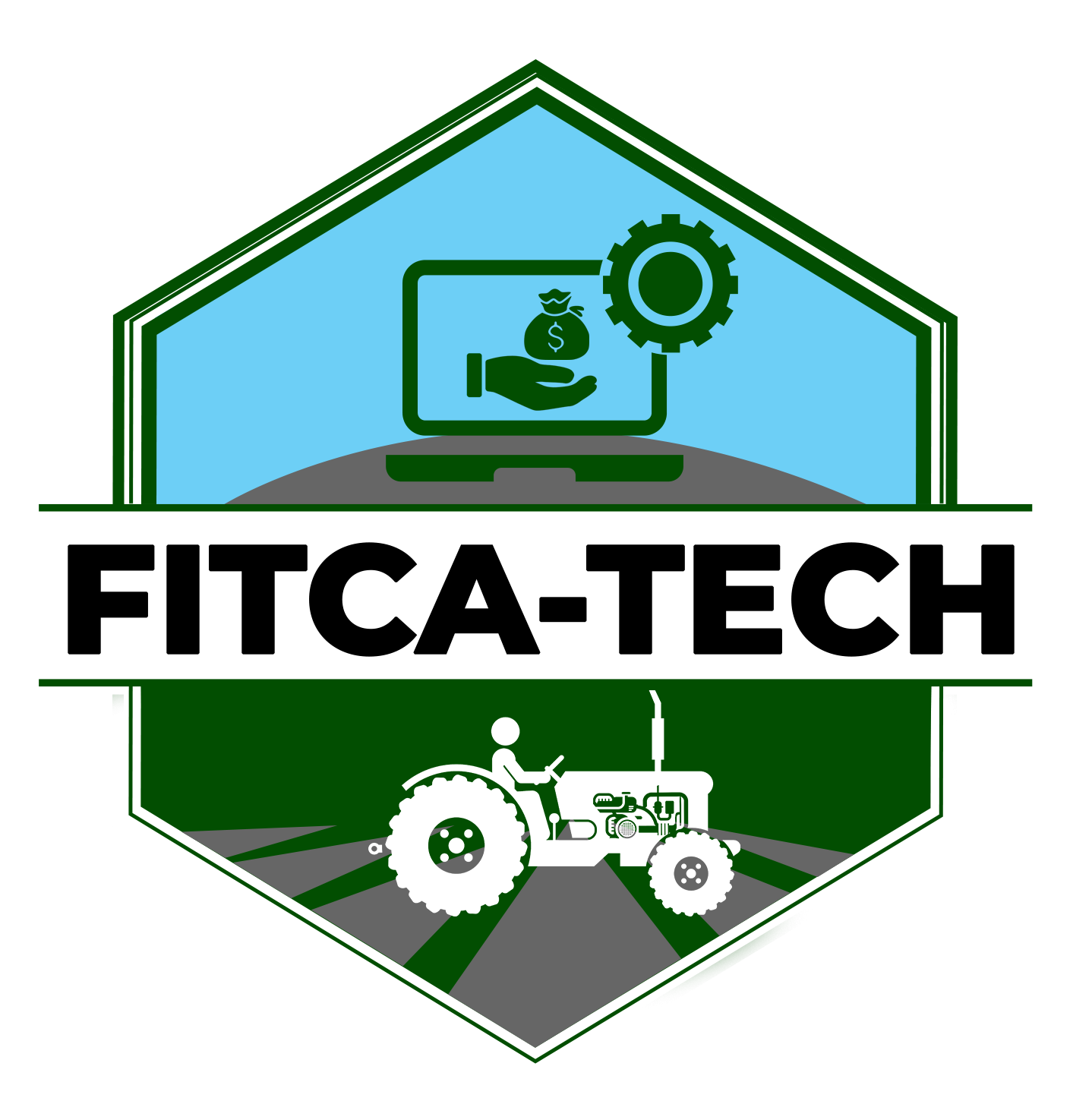Alcohol Anxiety: Can Drinking Cause Anxiety & Panic Attacks?
Just one evening of reasonably heavy drinking can cause frightening alcohol withdrawal panic attacks. Eating plenty of healthy, nutrient-rich foods during alcohol detox is important to keep the body functioning normally and help alleviate anxiety and alcohol withdrawal panic attacks. Not everyone will experience DTs symptoms, but those that do may have tactile or auditory hallucinations, disorientation, alcohol withdrawal seizures, high blood pressure, panic attacks, and more. Supervised detox may also involve the use of certain medications that alleviate some of the symptoms of withdrawal. When the individual goes through detox in a medically supervised setting, the symptoms are managed in a comfortable and safe environment. Medically supervised detox is necessary, especially, for managing alcohol withdrawal panic attacks in a safe and healthy manner.
Mental Health and Psychological Effects
And depression is affected by alcohol too – find out more on our alcohol and depression webpage. It slows down processes in your brain and central nervous system, and can initially make you feel less inhibited.10,11 In the short-term, you might feel more relaxed – but these effects wear off quickly. Discuss these concerns with your doctor first to see if alcohol is safe for you. Alcohol-induced anxiety can last for several hours, or even for an entire day after drinking.
How Alcohol Affects Anxiety Disorders
In people assigned female at birth, alcohol use can interfere with regular ovulation and menstrual cycles and make it difficult to get pregnant. You and your community can take steps to improve everyone’s health and quality of life. Because of all the potential health and safety hazards, treating alcohol addiction and the withdrawals that come along with it is a priority. Prolonged alcohol abuse will deplete the body of nutrients and affects the gastrointestinal system’s ability to absorb essential vitamins such as thiamine or minerals such as magnesium. This means that the levels of serotonin and other neurotransmitters are altered to create a sense of calm in the drinker.
Can I drink alcohol to cope with anxiety and panic attacks?
As the initial calm feeling fades you can feel anxiety as the effects of the alcohol wear off. Antidepressants may be taken every day to help treat anxiety, while benzodiazepines are generally used for temporary relief from uncontrollable feelings of anxiety. Alcohol changes levels of serotonin and other neurotransmitters in the brain, which can worsen anxiety. Society would have us believe that there’s no better way to unwind after a long day than by drinking a glass of wine, cold beer, or sipping your go-to liquor.

The notion of a simple, unidirectional, causal link between co-occurring disorders is not supported by the findings reviewed in this article. Viable explanations for the relationship between co-occurring conditions include the possibility of a common cause for both conditions or bidirectional causation between the conditions. For example, dysregulated stress response or regulation may be a common risk factor for the development of both alcohol and anxiety disorders. A substantial number of people who have problems with alcohol also experience strong anxiety and mood problems.
While the term may be informal, the science isn’t—there’s plenty of data to explain this experience. The more you drink the greater your tolerance for alcohol – meaning you need to drink more alcohol to get the same feeling. If you rely on alcohol to mask anxiety, you may find you become reliant on it to relax – putting you at risk of alcohol dependence. In fact, if you’re experiencing anxiety, drinking alcohol could be making things worse.
- But when you use a drug often enough, your brain starts to turn towards the drug to cope and you can actually lose even more of your ability to stop panic attacks without the assistance of a substance.
- It’s not uncommon or unexpected to feel regret when this happens—you may feel regretful about what you said or did to others, or nervous that they will judge you for your behavior.
- They can strike at any time — when you’re driving a car, at the mall, sound asleep or in the middle of a business meeting.
- These are evidence that you are either drinking increasing amounts or that your brain has already been affected.
- For instance, sensory grounding with ice or cold water is a technique that some people use to call their attention to an external sensation.
- Due to the potentially life-threatening medical emergency that delirium tremens poses, it’s recommended that anyone with DTS symptoms seeks medical care promptly.
Treating your recovery as an individual journey is important, and finding the right people to guide you to sobriety can help you stay comfortable as you quit drinking. Alcohol withdrawal symptoms usually begin within eight hours after someone has their last drink, but they can also occur several days later. For most people, the symptoms will peak during the first few days, but they can continue for weeks. Maybe it’s just a simple feeling of “something’s not right” or you’re just extra sensitive to everything going on around you? Or perhaps you’re actually paranoid or flat-out scared, and can’t explain why.

COVID-19 anxiety knocked me down hard. Here’s how I got back up – Novant Health
COVID-19 anxiety knocked me down hard. Here’s how I got back up.
Posted: Mon, 01 Mar 2021 08:00:00 GMT [source]
He stated that he would not drink again whatever happened but that he needed help for this new intolerable situation. He had no history of panic attacks before or during the alcohol does alcohol cause panic attacks abuse period. Mr. B was diagnosed with panic disorder according to the DSM-IV-TR criteria and was treated with paroxetine, initially 10 mg/day and gradually increased to 40 mg/day.
